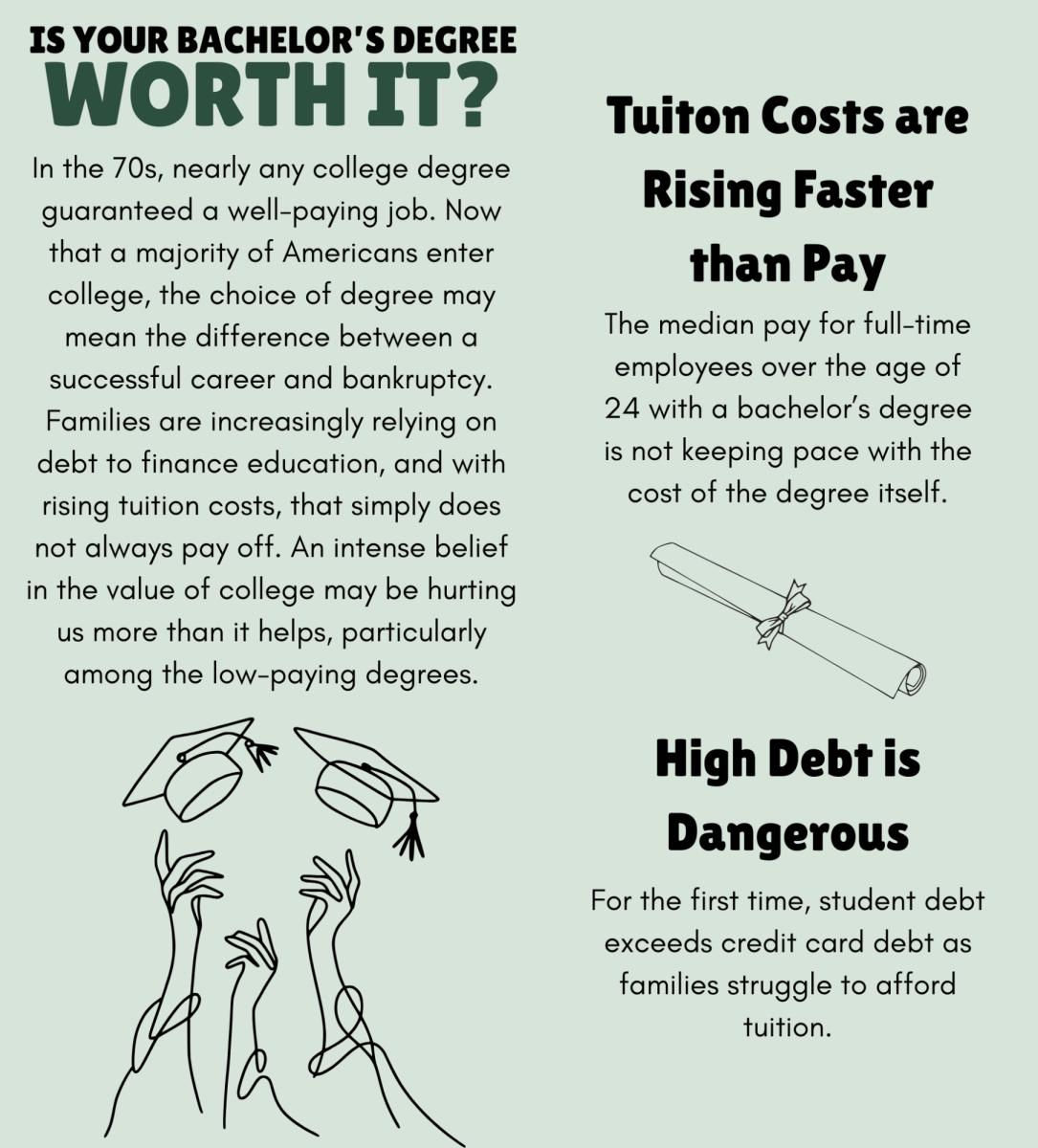Social media can be a useful and fun way to keep up with family and friends. It’s also a good marketing tool for businesses.
But sometimes businesses enact marketing stunts that are a little too edgy. All they want is attention, but sometimes it can backfire.
As you all know, social media allows users to instantly share any content, so when a business advertises in an interesting or controversial way, a viewer can share that advertisement to hundreds or thousands of people instantly.
Recently, the videogame developer Treyarch, who makes the popular game Call of Duty, decided to use Twitter to promote the newest edition of the game.
The promotion involved the name change for the official Call of Duty Twitter profile. The new name was Current Events Aggregate, a fictional news agency, although not many people realized it was a fake news group.
The Twitter account started to announce possible terrorist attacks on a Singapore marina and research laboratory.
Many people didn’t realize the promotion was for a game, and it was believed to be taking place in real life.
Pictures were also used to enhance the realism of the story. These pictures showed aerial views of a city that was supposedly in Singapore with thick, black smoke rising from a factory.
Other pictures showed police and armed personnel blocking off streets from the public, and the police were even clashing with rioters.
When I see a news agency reporting terrorist attacks, I become worried. Terrorism is no joke in our world today where there doesn’t seem to be as many conventional battles being fought between countries, but between radical organizations with the intent to harm others for personal benefit.
The fake terrorist attack lasted for 18 tweets before it was revealed to be a promotion for Call of Duty, but Treyarch had already caused too much damage. The fake attack had the internet abuzz with users frantically asking if the attack was real or not.
The only indication that the attack could be fake were the small grayed out letters at the top of the Twitter profile that showed that the account was linked to Call of Duty. But with an official-looking news agency title and images of smoke rising from a Singapore city, followers of the account seemed convinced that there was a real attack happening.
Controversial marketing techniques might gain more attention from the public, but including human harm in the advertisement is taking it too far.
I realize that other companies might be seeing the attention from the Twitter stunt, but I do not believe that going as far as using terrorism, death or destruction is appropriate.
Companies can use death and destruction in their advertising properly if they make sure to notify the public beforehand that the promotion is not real. It was not immediately made known that this was a fictional terrorist attack when it was first shown.
People did begin to realize that the news story was just a marketing promotion before the promotion ended. A final tweet was posted stating how the fake attack was just a glimpse at a new videogame.
I must admit, these controversial marketing stunts work as far as talk goes. They make the news. If this was just another YouTube trailer, I wouldn’t be writing this article.
I don’t understand how Treyarch could get this type of marketing approved. I wouldn’t be surprised if someone who was located in Singapore started to become very frightened by the fact that a seemingly real newsgroup was reporting terrorist attacks nearby.
Treyarch and the Call of Duty franchise have achieved their goal of gaining attention. I think that there should be a different, less controversial way to do it, but they did receive notice.





